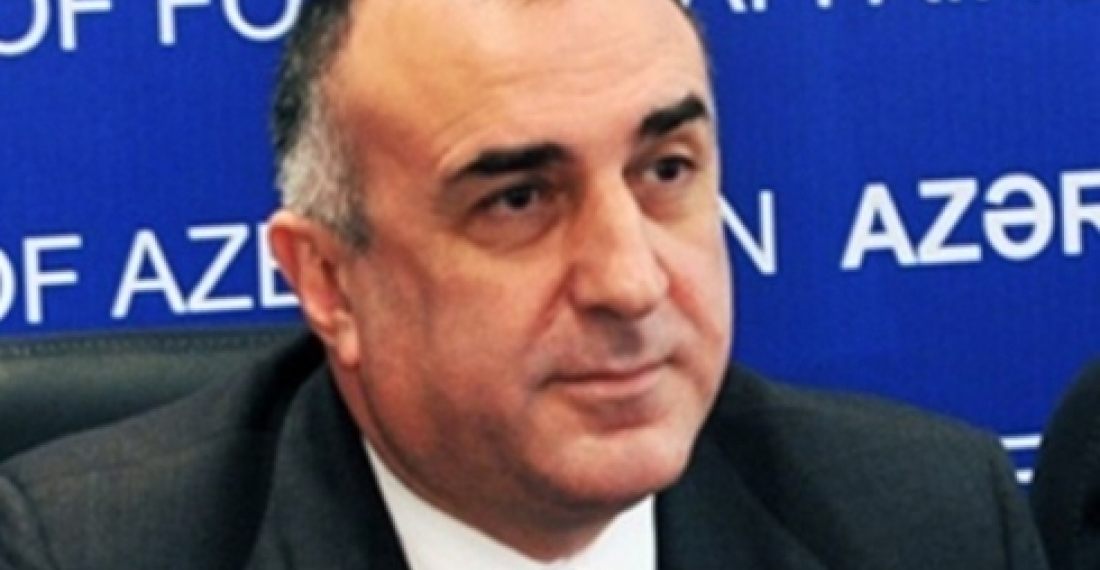Azerbaijan has rejected calls made by the co-Chair of the OSCE Minsk Process to accept an OSCE mechanism to investigate ceasefire violations. In a statement on Saturday, the co-Chair, representing France, Russia and the United States, said that without such a mechanism, the sides will continue to blame each other for initiating deadly attacks on the Line of Contact and Armenia-Azerbaijan border. In their statement the co-Chair said that "Armenia has agreed to discuss the details of the mechanism, and we urged Azerbaijan to do the same".
However on Sunday Azerbaijan dismissed the proposal. In a statement to the Azerbaijani State news Agency, AzerTac, Foreign Minister Elmar Mammadyarov said "the establishment of mechanism on investigation of incidents could only be considered when it wouldn’t serve to maintain the current status quo, as the presidents of co-chairs countries called unacceptable, and justify the occupation.
“It is essential to establish the mechanism and plan on withdrawal of military forces of Armenia from the occupied territories of Azerbaijan. The first and foremost reason for the mentioned “incidents” is occupation of territories of Azerbaijan by Armenia and military presence of Armenia in those occupied territories”, the Azerbaijani Foreign Minister said.
In their Saturday statement the OSCE Minsk Group co-Chair referred to the meetings they held separtely and jointly with the Foreign Ministers of Armenia and Azerbaijan in New York on Thursday and Friday "to discuss the immediate need to reduce tensions along the Line of Contact and international border, to advance negotiations on a lasting settlement, and to implement confidence-building measures. The Ministers agreed to continue preparations with the Co-Chairs on the next presidential summit, which is expected to be held before the end of this year". The Co-Chairs condemned in strong terms the use of artillery that caused additional casualties in the last twenty-four hours. "We extend our deepest condolences to the families of the deceased. An escalation of violence is not in the interest of Azerbaijanis or Armenians, or a negotiated settlement", they said. The Co-Chairs also encouraged the sides to implement people-to-people programs to build trust between societies affected by the conflict. (You can read the full statement of the co-Chair here)
source: commonspace.eu with AzerTac and the website of the OSCE
photo: Azerbaijan Foreign Minister Elmar Mammadyarov (archive picture)







